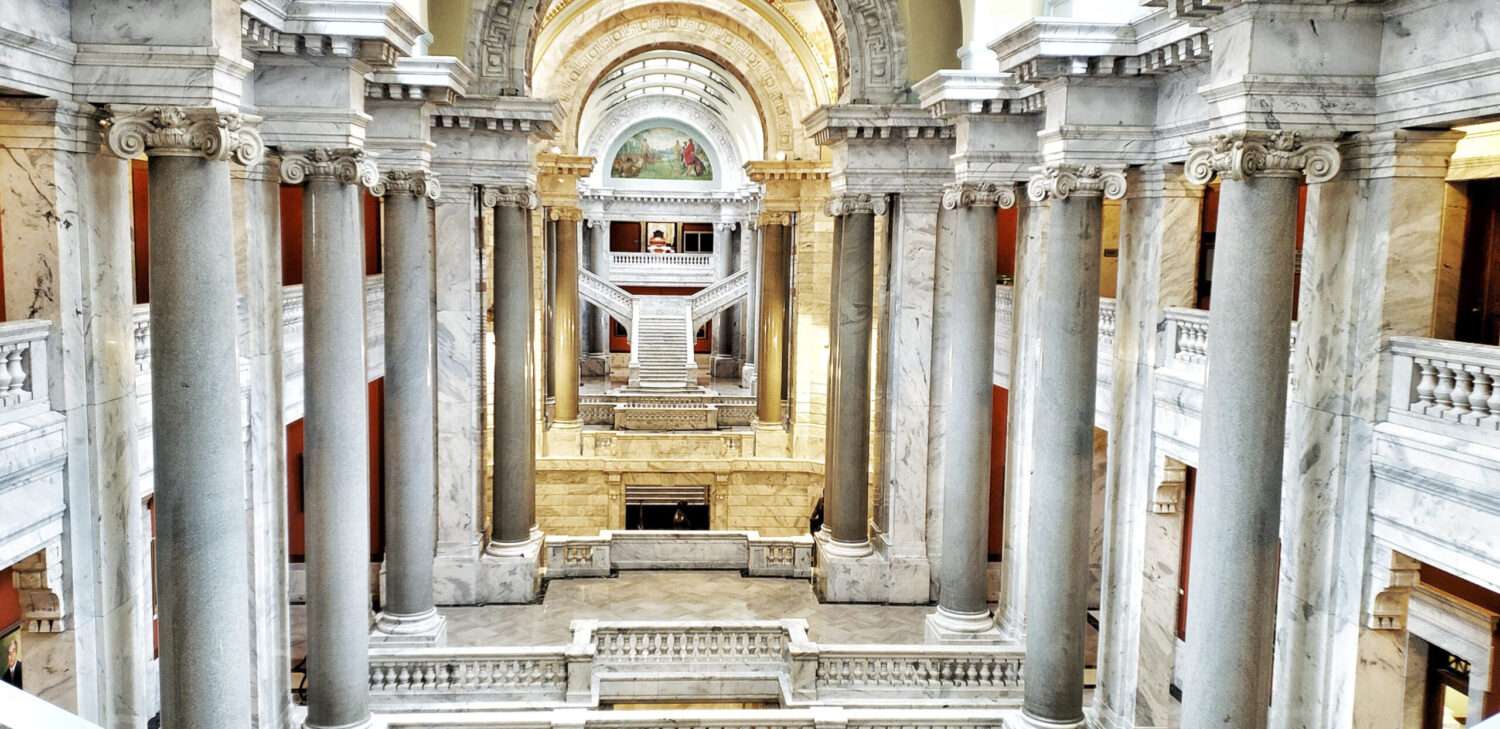‘Even greater stealth’ – KY legislature promises more attacks on transparency laws

By AMYE BENSENHAVER (KENTUCKY LANTERN)
Kentucky lawmakers faced a dilemma in 1975.
One year earlier, they enthusiastically enacted an open meetings and an open records law aimed at restoring the public’s trust in government. Years of deception associated with the Vietnam Conflict and clandestine and illegal activities by the Nixon administration — collectively referred to as the Watergate scandal — prompted Kentucky’s General Assembly, and a number of state legislatures across the country, to enact laws securing the people’s right to “remain informed so they may retain control over the instruments that they have created.”
But doubts emerged that the newly enacted open records law “would provide inadequate protection of records containing information of a personal or private·nature concerning individuals and businesses,” prompting then-Gov. Wendell Ford’s 1974 veto.
A November 1974 Kentucky Court of Appeals opinion, City of St. Matthews v. Voice of St. Matthews, established “the general principle that government records would be open to public inspection, unless an overriding public policy warranted confidentiality” suggesting the need to pump the brakes on open records legislation.
Some lawmakers — among them Rep. Joe Clarke of Danville — nevertheless “felt the need for legislation to make public records more accessible.” Clarke commented that the need for a “bill has grown out of the frustration that citizens feel when — after participating in the process of electing a representative government — elected officials act as if the government belongs to them rather than the people.” He and other lawmakers recognized that “the St. Matthews decision did not adequately address three major questions: What is a ‘public record’? What public records should be exempt from disclosure? [And u]nder what guidelines will public officials operate in allowing citizens to inspect public records?”
Courageously, the Interim Joint Committee on State Government’s Subcommittee on Open Records, chaired by Clarke, openly and transparently moved forward in 1975. Along the way, the subcommittee “solicited the viewpoints of public officials and concerned citizens on the basic issues and on initial drafts of legislation.” Most “favored the general principle of open access to records.”
While not considered the nation’s strongest public records law, the resulting Kentucky Open Records Act, enacted in 1976, provided a durable legislative framework that admirably fulfilled its function and adapted to dramatic changes in records-keeping practices and technology along the way.
Over time, the law required very few legislative “fixes.” The 1994 revisions to the law, aimed at addressing the proliferation of electronic public records and commercial use of public records, resulted from an open, collaborative process that yielded a positive outcome.
Once again, Kentucky lawmakers solicited broad input, excluding no one from the table. Serious questions arose when they did not — as in 2012, when lawmakers quietly narrowed the definition of “public agency” under highly suspicious circumstances with no input from public stakeholders.
Fast forward some 25 years and an ascendant majority party began a steady — and secretive — assault on the open records law that was calculated to avoid public notice and opposition. When caught with their hands in the “public records cookie jar,” the new majority derisively dismissed open government advocates’ concerns that “the sky is falling.”
Lawmakers’ covert efforts culminated in 2021’s HB 312, a bill that did far more unquestionabe harm than questionable good by establishing a “residents only“ requirement for use of the open records law and entirely excluding the General Assembly and Legislative Research Commission from the open records law.
“This whole session’s been done in secret,” lamented Jon Fleischaker, Kentucky’s most widely recognized open records expert and advocate in 2021. Added the Kentucky Open Government Coalition, “It was very cloak and dagger” and “purposefully kept under the radar.”
Lawmakers sabotaged open records and open meetings in an equally secretive manner in the 2022 regular session of the General Assembly.
Amye Bensenhaver is a retired Kentucky assistant attorney general who authored open records and open meetings decisions for 25 years. She is co-founder and co-director of the Kentucky Open Government Coalition.
This article originally appeared in the Kentucky Lantern and has been edited for length.

(Photo by Getty Images)
Recommended Posts

Kamala Harris needs a VP candidate. Could a governor fit the bill?
Fri, July 26, 2024
After cyber-attack on Jefferson County Clerk, Fayette counterpart discusses precautions
Fri, July 26, 2024
An eastern Kentucky animal shelter is swelling this summer
Fri, July 26, 2024